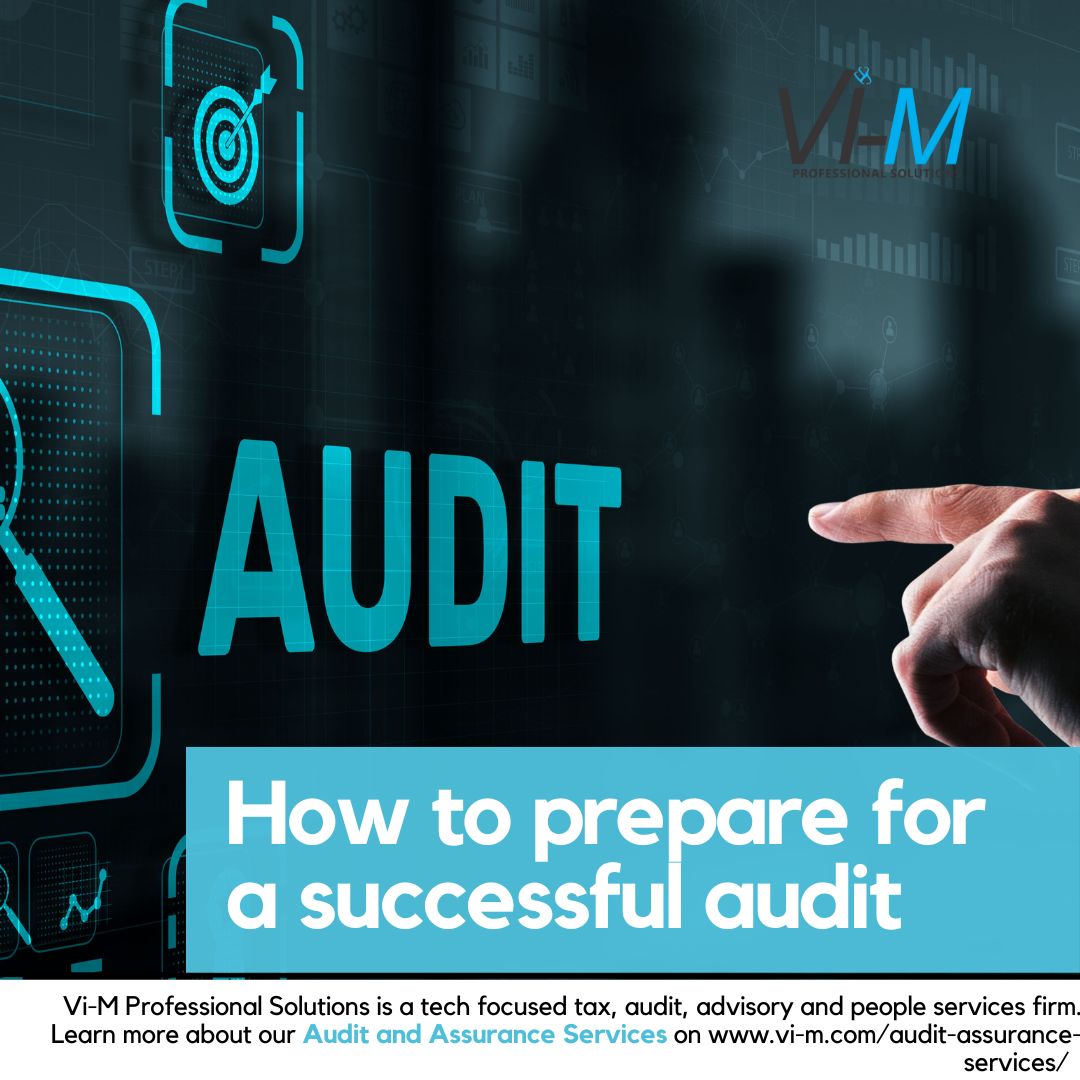Audits can be daunting, whether they are financial, operational, or compliance-related. However, with the right preparation and mindset, you can turn the audit process into an opportunity to showcase your organization’s efficiency, transparency, and commitment to compliance. In this write-up, we will explore a step-by-step guide on how to prepare for a successful audit.
- Understand the Purpose of the Audit
Before you can effectively prepare for an audit, it is crucial to understand its purpose. Audits can serve various objectives, such as assessing financial accuracy, ensuring compliance with regulations, or evaluating operational efficiency. Clearly defining the scope and goals of the audit will help you tailor your preparations accordingly.
- Assemble Your Audit Team
Select a dedicated audit team responsible for coordinating and facilitating the audit process. This team should include individuals with expertise in the areas being audited, such as finance, compliance, or operations. Ensure that team members understand their roles and responsibilities throughout the audit.
- Organize Documentation
Gather and organize all relevant documentation well in advance of the audit. This may include financial records, contracts, policies, procedures, and any other documents pertinent to the audit scope. Ensure that these documents are up-to-date and easily accessible to auditors.
- Conduct a Preliminary Internal Audit
Before the external audit begins, consider conducting an internal audit or self-assessment. This can help you identify potential issues or areas of concern that need attention before the official audit. Addressing these issues proactively can improve your audit outcomes.
- Review Regulatory and Compliance Requirements
For compliance audits, it is essential to thoroughly review the relevant regulations and requirements applicable to your industry. Ensure that your organization is in full compliance with these standards and that you have documentation to prove it.
- Communicate with Auditors
Establish open lines of communication with the auditors. Clarify expectations, provide them with necessary access to information and personnel, and address any questions or concerns they may have promptly. Maintaining transparency and cooperation can facilitate a smoother audit process.
- Train Your Team
If your audit involves interviews or interactions with employees, train your team members on how to respond to auditor inquiries professionally and accurately. Consistency in responses and a well-informed staff can leave a positive impression on auditors.
- Prepare for On-Site Visits
If the audit includes on-site visits, ensure that the audit team has a comfortable and efficient workspace. Arrange for any necessary accommodations and logistics to facilitate the audit process.
- Perform Mock Audits
Consider conducting mock audits or practice sessions with your audit team to simulate the actual audit process. This can help identify potential challenges, improve preparedness, and build confidence within the team.
- Stay Calm and Flexible
During the audit, maintain a calm and professional demeanor. Be prepared to adapt to unexpected situations or questions from auditors. If issues or discrepancies are identified, focus on addressing them constructively and in a timely manner.
Conclusion
Preparing for a successful audit requires careful planning, attention to detail, and a commitment to transparency and compliance. By following these steps and maintaining a proactive and cooperative approach, you can not only navigate the audit process effectively but also demonstrate your organization’s dedication to integrity and accountability. Remember, audits can be opportunities for improvement and growth, so embrace them as a chance to showcase your organization’s strengths.

